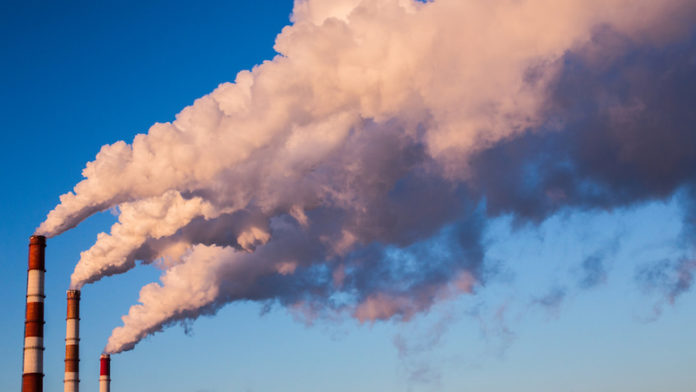
SOUTH Africa’s Carbon Tax would cost the country’s minerals sector R5.5bn a year in its second phase of implementation, said the Minerals Council South Africa which has called again on the government to shelve the levy.
Given uncertainty regarding the success of potential offset applications, the council also assumed that first phase of the Carbon Tax – which has already been implemented – would represent just over R500m a year in new costs.
These assessments were based on a survey conducted by the council in August of 18 of “the larger mining companies”. The council called for measures that incentivised the shift to renewable energy sources whilst criticising the red tape hindering private sector development of renewable energy solutions.
Roger Baxter, CEO of the Minerals Council, said the organisation recognised the science of climate change and the role played by fossil fuels. It also supported South Africa’s commitment to reducing GHG emissions in line with the Peak, Plateau and Decline (PPD) trajectory and Nationally Determined Contributions (NDC) under the Paris agreement.
“But the planned carbon tax, in the absence of any other climate change measures in the overall ‘toolbox’ that includes incentives and not only disincentives and necessary supporting regulation, is likely to be damaging to carbon intensive sectors with no pathways for offsets,” he said in a statement.
“The significant uncertainty associated with phase 2 of the implementation of the carbon tax will be materially negative for South African mining, in the absence of any tax-free incentives,” he said.
Ironically, the decline in economic growth in South Africa – averaging about 1.5% GDP over the last 10 years – is a likely reason the country will meet its Paris Agreement commitments, according to council.
In terms of phase I, mining companies qualify for a 60% tax free portion of the R120 per ton of carbon dioxide (CO²) as contained in the tax. However regulations potentially excluding mining firms from paying the other 35% of the tax free portion have not been finalised so the assumption is the sector will be liable for 100% or (R517m) of the tax.
In Phase II, the carbon tax rises to about R170/ton CO² equivalent. “Mining companies are assuming that the full R170/ton CO² will apply to scope 1 and 2 emissions. Applying these assumptions, we estimate that this will cost the mining industry more than R5.5bn in carbon taxes annually,” the council said.
“The Minerals Council believes that the timing of the implementation of the carbon tax presents a major challenge and should be delayed until all the enabling regulations and the establishment of a legislative regime providing for carbon budget (as proposed in the Climate Change Bill) are in place,” it said.









